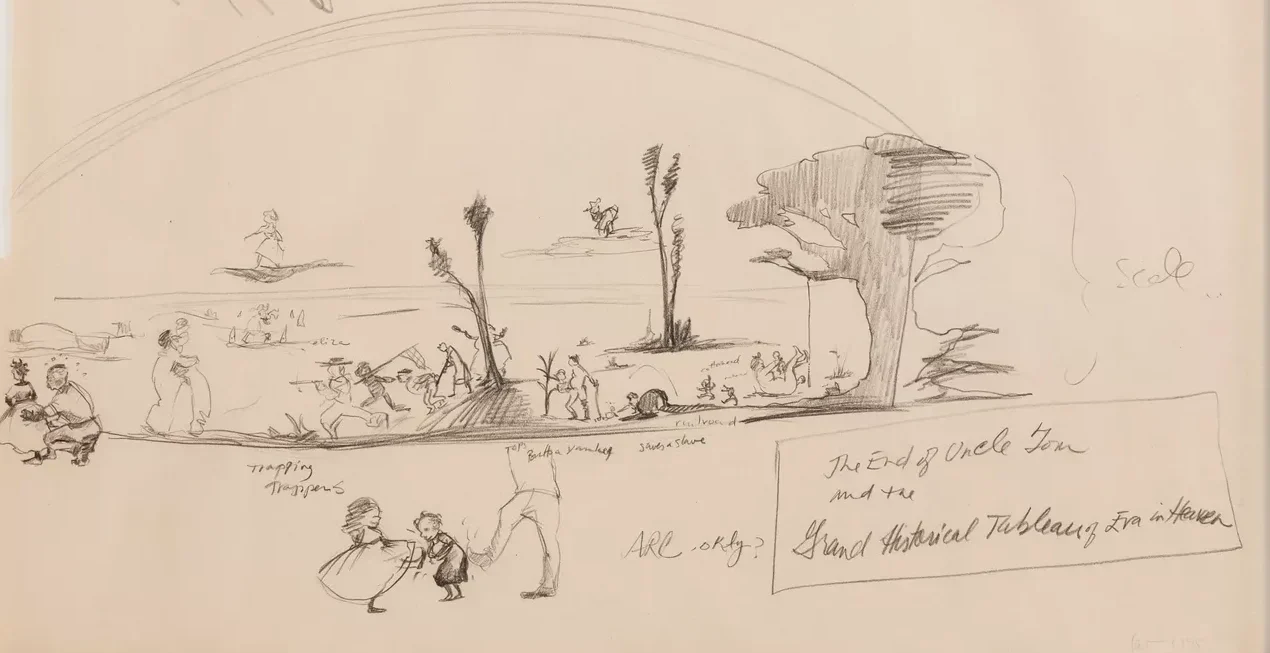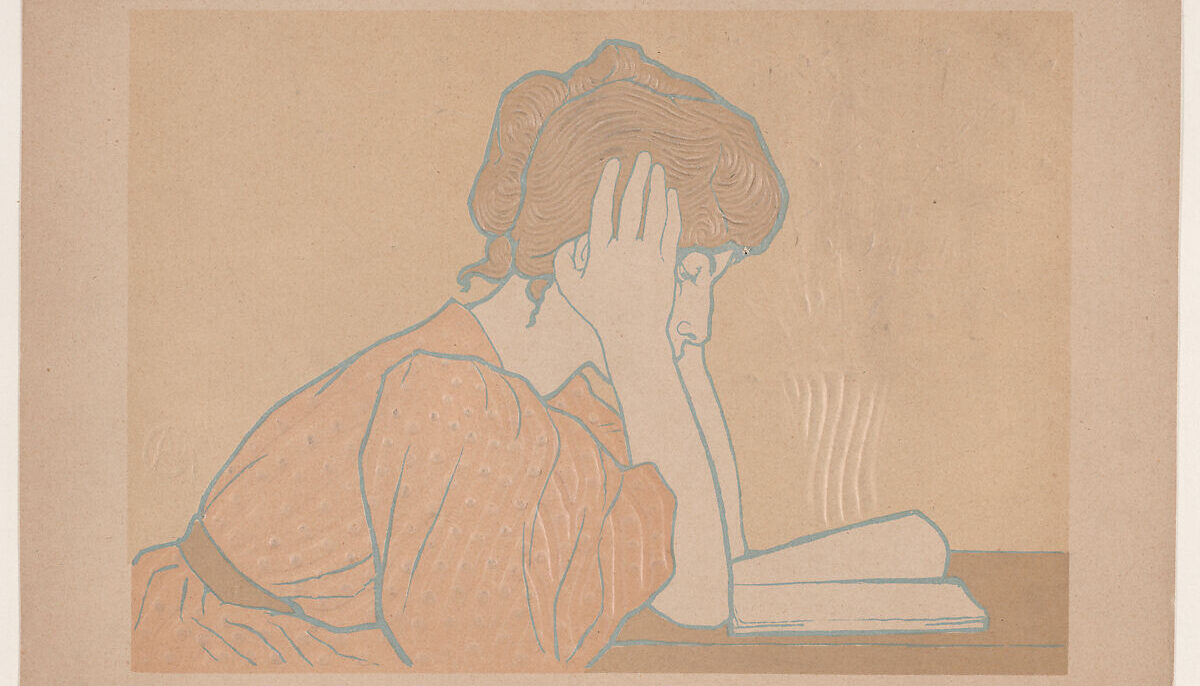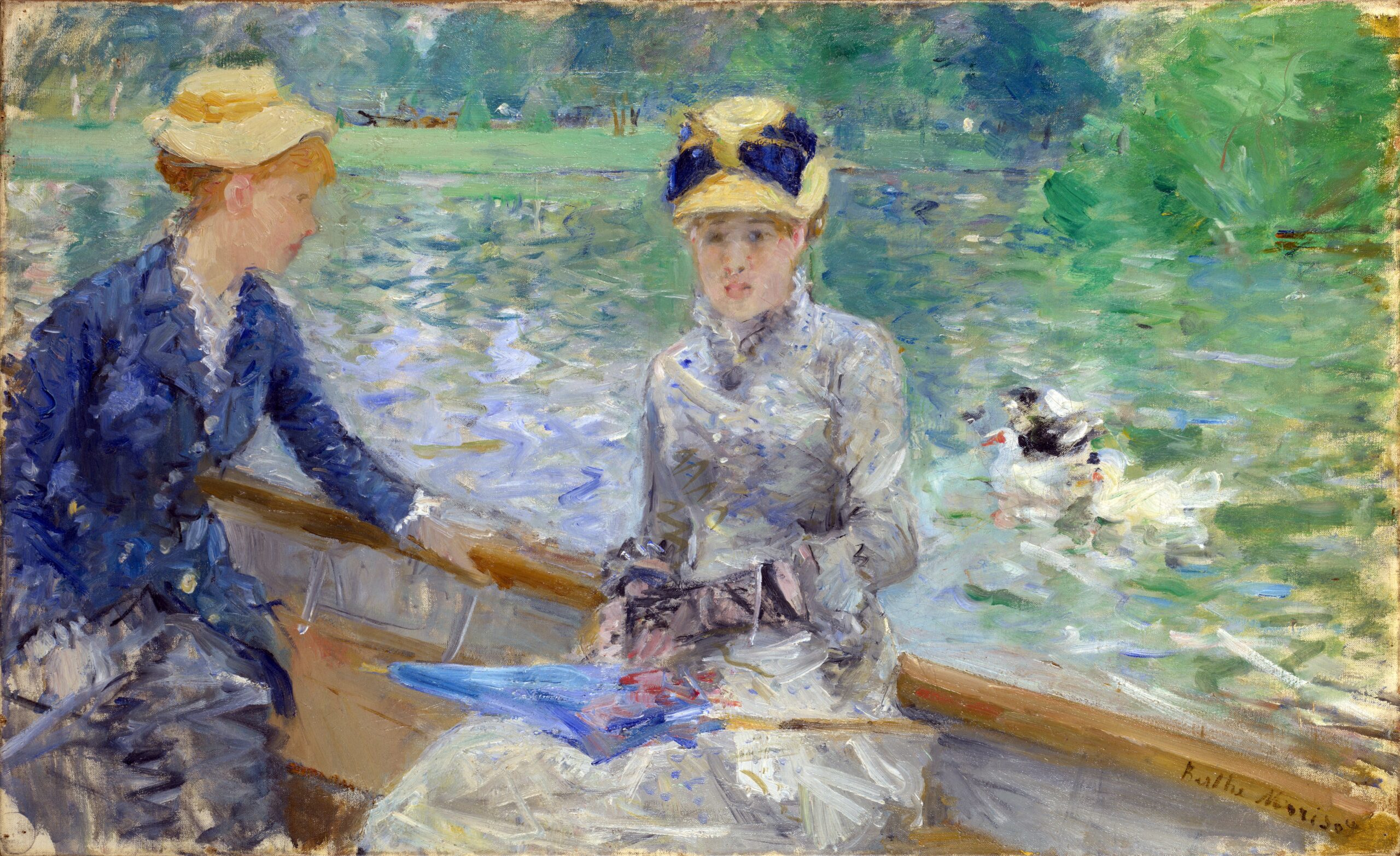As an externalization of Catherine’s postpartum depression and the emotional struggles she must confront, her symphony issues the cathartic scream Catherine needs to let out in order to escape the cycle of abuse she has been trapped in for years.
Comments closedCategory: Uncategorized
The relationship between the titular characters of The Two Gentlemen of Verona perfectly displays the nascent homosocial bond which recurs in Shakespeare’s work.
Comments closedBy weaponizing her abjection, Sethe successfully protects her children and reclaims her humanity, as she radically embodies her freedom through the violence she enacts.
Comments closedLike the depressive person recounting a story with withering self-deprecation but betraying an underlying narcissism, Year of the Gun confesses to having lost its resolve in the face of narratively impenetrable systems of power and having blindly relied on an Italo-American relationship that can no longer support the Hollywood dreams of the fifties and sixties.
Comments closedThe notion of homeland and the use of violence in Césaire and Walker’s works are central to their critiques of oppression, ultimately shaping how their audiences engage with themes of resistance and liberation.
Comments closedAs social media reduces the identity of an individual to their appearance, the physical book can come to remind us that more exists between the neatly packaged, aesthetically curated cover.
Comments closedBeyond merely representing the internet, both Easy A and Eighth Grade use it as a device to communicate key elements of the narrative, highlighting its importance as a site that organizes the teenage social system.
Comments closedWharton’s subversive use of typically feminine forms both aligns with and deviates from Austen, which reveals the extent to which Wharton draws on the inherited literary forms of female authors and rejects these conventions to create the social world of the novel.
Comments closedBy situating black childhood as ‘deviant’ and white childhood as ‘innocent,’ American childhood became racialized and segregated. Toys and dolls helped establish these social contracts,
Comments closed







